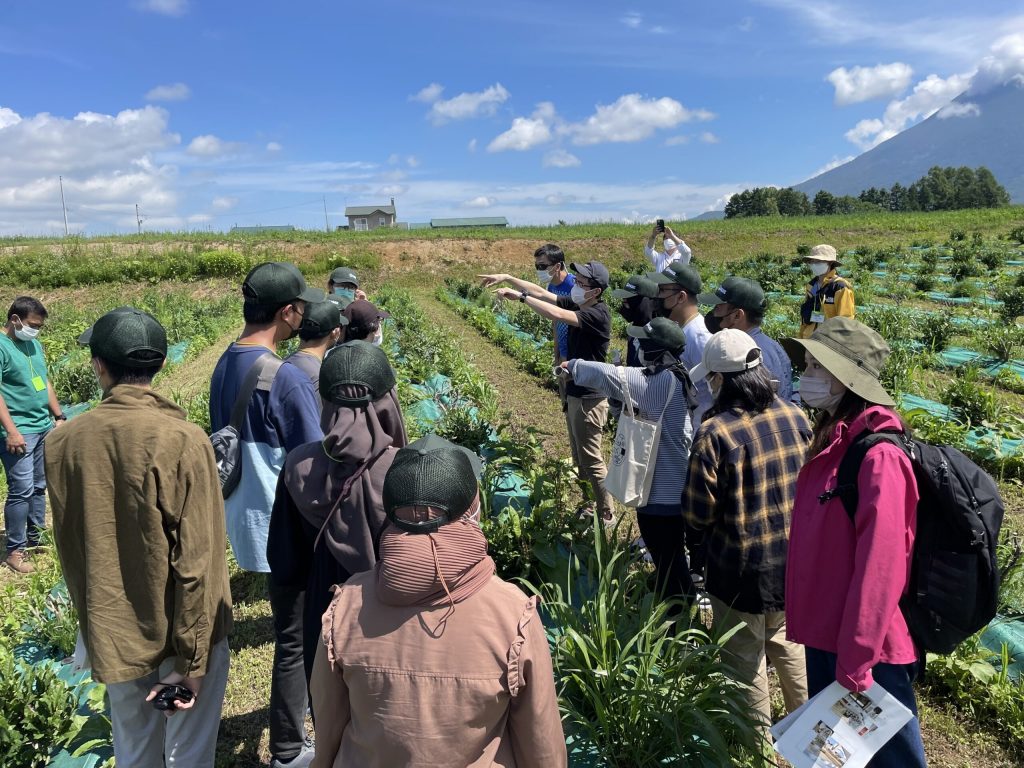First published on January 21, 2023, on University World News
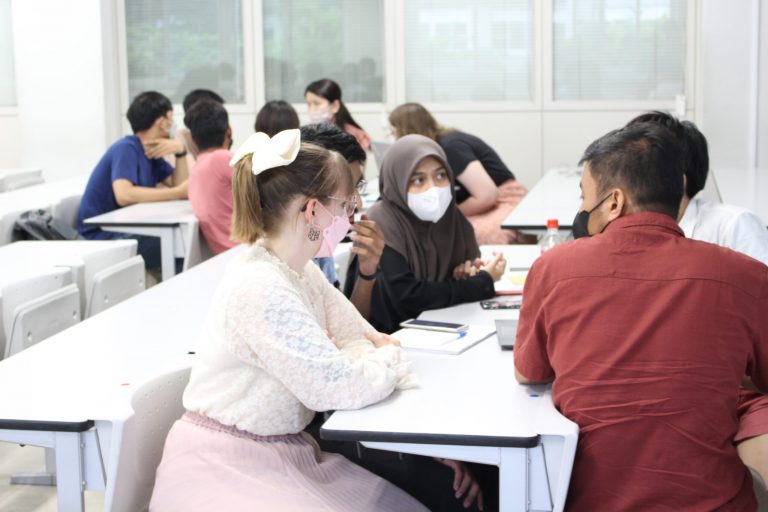
Interdisciplinary research and the transfer of specialist knowledge across borders are key to fostering experts on sustainability and the United Nations Sustainable Development Goals (SDGs), say academics involved in university partnerships linking Japan to other countries.
This is the approach of Hokkaido University’s interdisciplinary graduate education programme known as ‘One Program for Global Goals’, or OGGs, for masters and doctoral students on the SDGs taught in English with partner universities in countries in Asia and Europe.
“Sustainable themes are now incorporated across our curriculums and research. Our international programmes aim to create highly motivated leaders to foster [the] SDGs who are also sensitive to diverse perspectives,” explained Aya Takahashi, professor at Hokkaido University’s Institute for the Advancement of Higher Education and OGGs programme manager.
Hokkaido University set up the OGGs faculty in April 2022 by amalgamating three existing main international programmes that combine science and technology with social science disciplines.
Understanding sustainability and “human resources development to contribute to worldwide sustainable development” is the overarching theme of the OGGs programme. Additionally, the curriculum involves fieldwork and learning from the community as well as a strong emphasis on cultural studies.
SDGs a national priority
In Japan, the SDGs have been given the status of a ‘national priority’ under the prime minister. The Cabinet Office is responsible for related policies under various ministries and corporations, ensuring the SDGs are on their agendas.
Japanese universities are also promoting sustainability studies. Science and humanities departments are tackling topics such as reducing waste and developing green technologies.
“Despite the lack of official data, it is safe to say that the UN SDGs are taught in diverse ways at most Japanese universities now. This demonstrates the rising awareness among Japanese youth,” said Anno Tanaka, an official in the international division of Japan’s Ministry of Education.
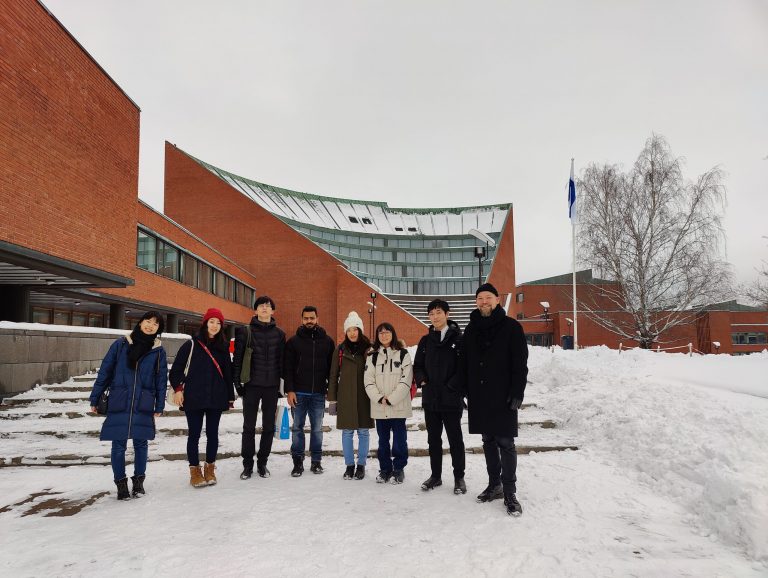
A survey conducted in 2020 by the National Federation of University Co-operative Associations showed that the SDGs have emerged as a popular subject in higher education. More than 75% of almost 10,000 students polled in 30 universities listed the topic as important.
Among the most popular were SDG 4 (education equality), SDG 3 (health and well-being) and SDG 2 (zero hunger), in that order.
Hokkaido’s OGGs programme combines three international programmes: PARE (Populations-Activities-Resources-Environments) with Asian countries, STSI (Sustainable Transportation System and Infrastructure) with India, and NJE3 (Northern Environment Expert Education Joint Program) with countries in Northern Europe.
The SDGs postgraduate programme is led by Japanese and foreign professors in Japan and abroad. Graduate and doctoral students conduct research in laboratories as well as fieldwork, in addition to taking diversified lectures. Advanced programmes last a semester. Post OGGs, doctoral students continue their research either in their university or are accepted at Hokkaido University.
Technologies for sustainable agriculture
PARE, launched in 2012 to produce leaders in sustainability and now part of OGGs, is a collaboration with six universities in Asia to foster sustainable technologies leveraging natural ecosystems in agriculture, water resources and environmental protection. Students are mostly from Asia – Indonesia, Thailand and Vietnam – who study with Japanese counterparts.
The curriculum includes a programme taught by Associate Professor Junjiro Negishi, a biodiversity expert, which looks at using ecosystem services combined with advanced technologies such as smart agricultural technologies to control pesticide and chemical fertiliser use on farmlands.
Former PARE summer school student, Frika Rahmawari, an Indonesian chemistry graduate student at Gadjah Mada University, Yogyakarta, explained that during the programme with Negishi she focused on river sampling to investigate how human activities relate to pollution.
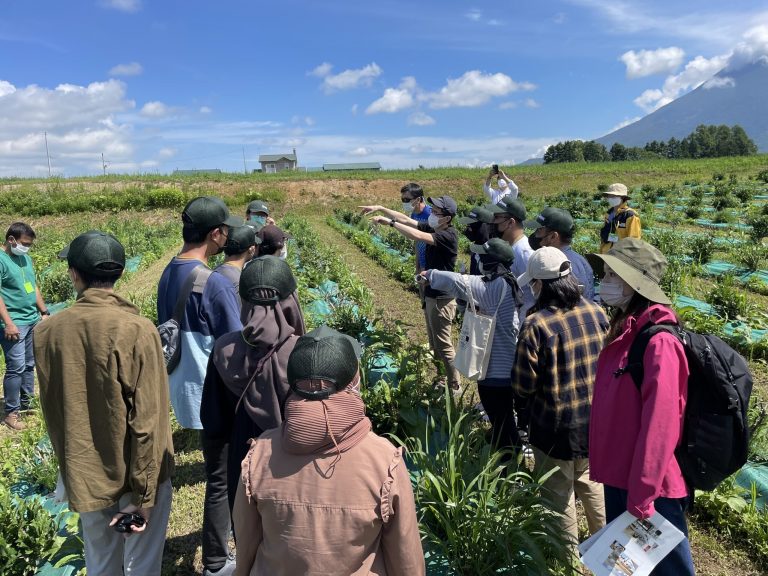
“With the increased focus on organic farming in Indonesia, my research at OGGs helps me to continue my work to analyse chemical contamination in river water and soil and promote a hydroponic farming system in my country,” she explained via email.
Technology is also important for data collection and for monitoring systems to reduce water pollutants, as well as for providing evidence that can assist in changing human behaviour towards more sustainable practices.
“Students learn that technology can initiate sustainable changes in farming systems. For example, farmers can control the use of chemicals or implement new practices when extended evidence-based data,” Negishi told University World News.
He added that Japanese students, through their exposure to practices in Asia, are learning the value of local knowledge for sustainable farming practices.
Japan’s own agriculture sector is highly mechanised due to an ageing farming population and a decline in the number of workers. Asia is expected to face a similar trajectory, illustrating another area where cross-border education collaboration can prepare and promote sustainable ways forward, he said.
Sustainable transport and infrastructure
Taichiro Okazaki, professor of engineering and an expert on resilient earthquake technology, is director of the Sustainable Transportation System and Infrastructure (STSI) programme, now under the OGGs umbrella. “Through field work, joint laboratory research and discussion, we encourage our students to explore the challenges faced by governments, communities and other stakeholders in the task of achieving sustainable transportation,” he explained.
Initiated in 2017, STSI focuses on resilient engineering technologies in railway systems and social infrastructure in India in collaboration with the Indian Institutes of Technology (IITs) in Hyderabad, Bombay and Madras.
One of the STSI courses combines engineering technologies, such as adding steel stoppers to strengthen Japan’s existing highway decks against earthquake tremors, together with discussions on related issues: the merits of technology transfer, infrastructure maintenance, monitoring systems and tax collection.
“The courses are not looking for right or wrong answers. Rather the spotlight is on finding locally based sustainable solutions,” Okazaki told University World News.
STSI has generated a “solid network of researchers who are encouraged to continue their findings by working together in their [own] countries or they can return to [Japan] to pursue research or teach at our university”, he added.
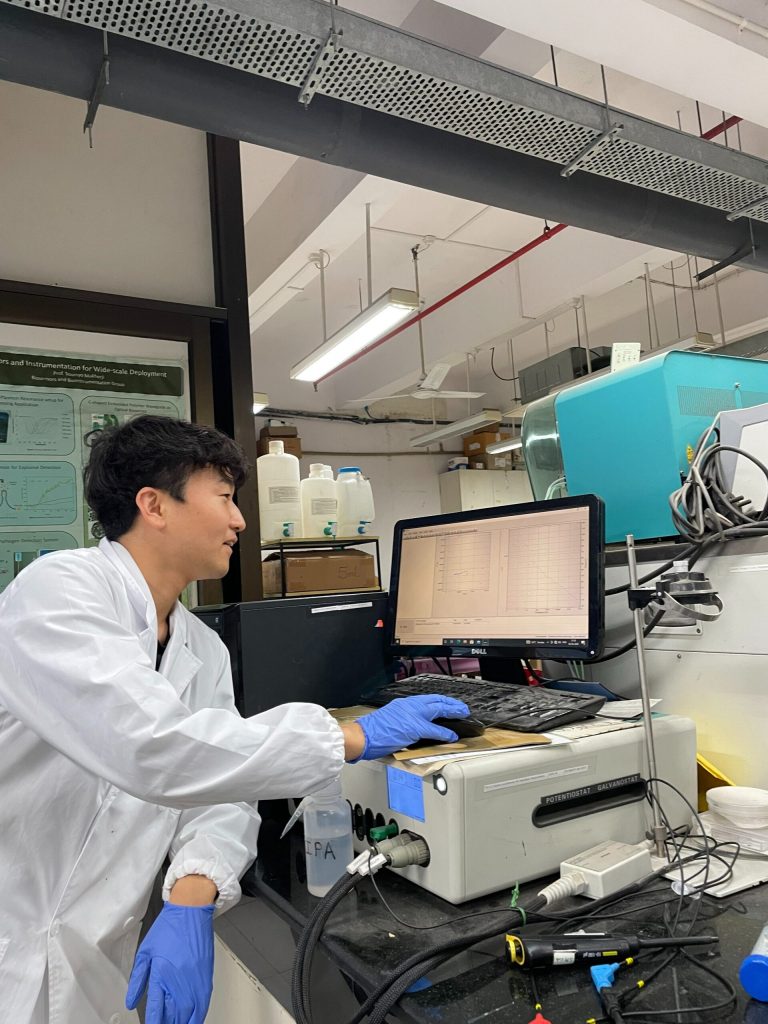
Former participant, Munaswamy Murugesh, an Indian mechanical engineering student at IIT Madras in Chennai, Tamil Nadu, returned to Hokkaido University with a scholarship to research nanoparticle synthesis. OGGs opened the door not just to implementing new technologies, but also the importance of raising public awareness to achieve sustainable management of railways, he told University World News.
“The OGGs programme strengthened my research in sustainable technologies that I learned at Hokkaido University. Yet, I also realised the challenges in India when it comes to transferring behaviour patterns. Japanese society is more homogenous which makes it easier to introduce sustainable actions to people compared to the uphill struggle in vast diverse populations in India,” he explained.
OGGs also supports the NJE3, a collaboration with universities in the northern hemisphere, including the Russian Far East and Finland that share similar cold climate conditions. Cold-region road engineering research to improve winter transport conditions is one of the areas of collaboration.
Norihiro Watanabe, assistant professor in the faculty of engineering at Hokkaido University, has conducted research in sustainable civil engineering technologies for use during heavy snowfalls. It includes architecture designs that reduce energy consumption through cold-resistant materials.
Intercultural understanding
Intercultural understanding is an important aspect of collaborating on sustainability, and Hokkaido University offers language and culture classes as part of the programme. Foreign students study Japanese while students from Hokkaido University are introduced to Thai, Hindi or other languages, before visiting partner universities abroad, or at partner universities, which is important for helping them to adapt.
This year OGGs also introduced theatre skills for students in SDG seminars, designed to strengthen team building and facilitate open and honest exchanges, according to the university.
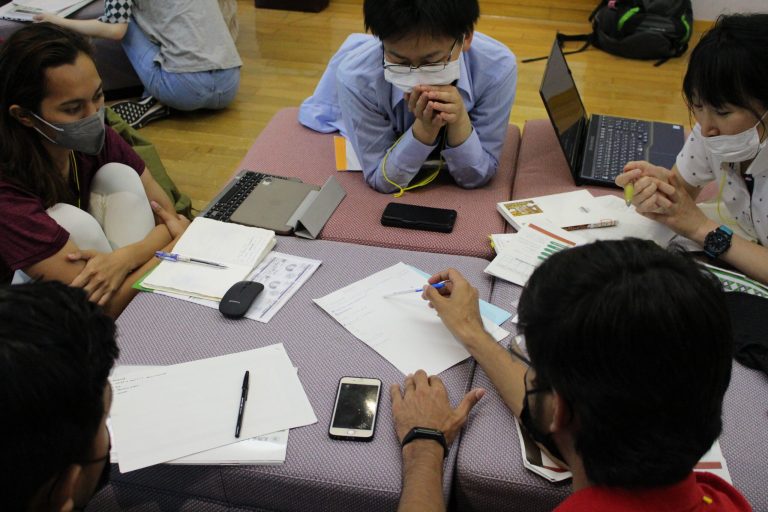
The students choose an SDG to focus on, discuss the issues based on their personal experience and perspectives and present their findings in an original drama at the beginning of the programme.
Takahashi, also a vice-executive director, pointed out that Hokkaido University’s sustainable portfolio stems from its historical expertise in agriculture.
“Our historical experience committed to technology and community development embodies important experience,” said Takahashi.
Hokkaido University last year became Japan’s top university in respect of contributing to the SDGs. Times Higher Education awarded the institution 10th position in its international Impact Rankings, which measures contribution to the SDGs, higher than any other Japanese institution. The university was placed at the top globally for SDG 2 (zero hunger).
This is the second in a series of articles on the SDGs in partnership with Hokkaido University. University World News is solely responsible for the editorial content.


